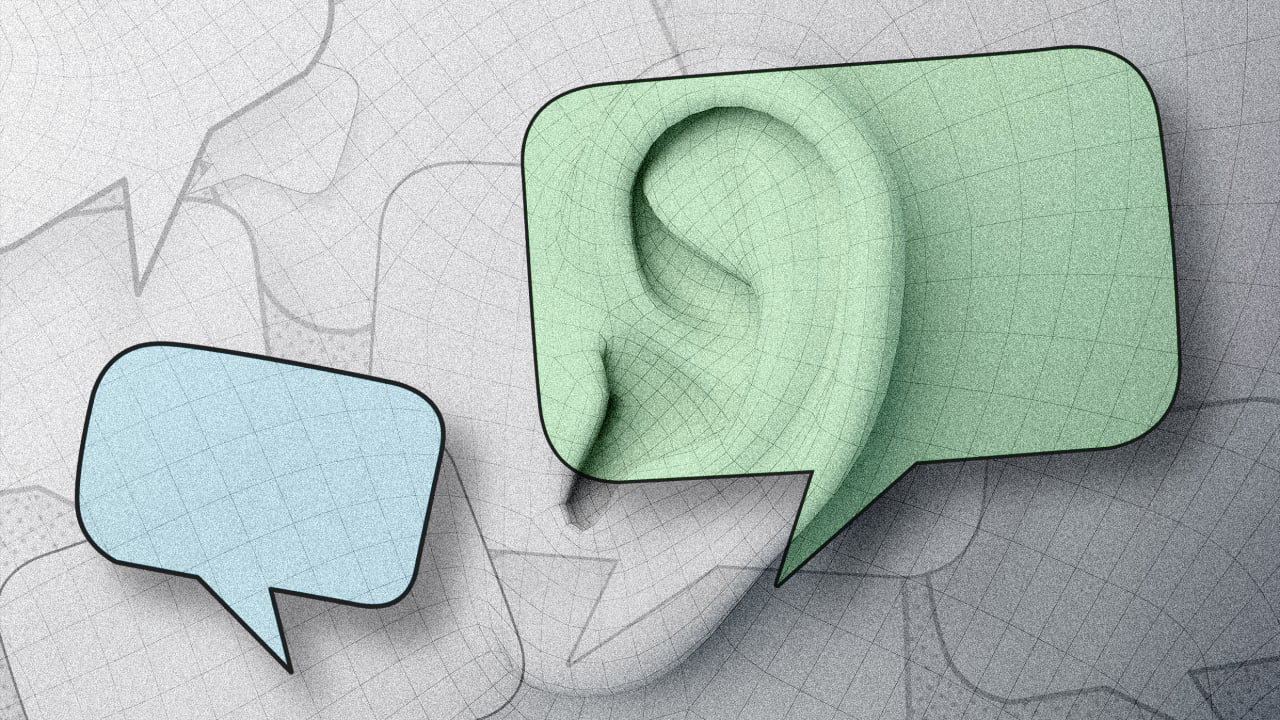In high-stakes situations, like when you’re asking your boss for a raise, paying attention to what’s not being said can make all the difference.
“Forensic listening is the art of finding and listening to clues,” Chip Massey, a former FBI hostage negotiator, told Fast Company writer Stephanie Vozza earlier this month. “It’s when and how people pause, what they emphasize, and what the tone of their voice communicates. By deconstructing these aspects, you can reveal a hidden narrative others may have missed.”
Vozza spoke with Massey and coauthor Adele Gambardella, about their book, Convince Me: High-Stakes Negotiation Tactics to Get Results in Any Business Situation, and how forensic listening can help you get what you want in a situation.
It takes practice to get better at reading what’s happening when you walk into a room—what the overall mood is, who appears to be in charge, and what their body language is telling you.
“Most of us are listening to respond, we’re not really paying attention to other people’s emotions,” says Gambardella. “Reading the room is looking for when the room’s tone changes.”
Though no one is a mind reader, there are plenty of ways to make informed guesses at what someone is thinking, thereby giving you a big advantage in a negotiation.
So, listen to what’s not being said, as well as focusing on what words or phrases are being repeated, writes Vozza. Is your boss parroting what their boss often says? Are they relying on lots of jargon? Does their tone of voice indicate they feel frustrated, or do they seem genuine?
One of the reasons people with high emotional intelligence (or EQ) succeed is because of how effective they are at tuning into others. “Perceptive people are always more successful in life and in work,” Loren Miner, COO of recruitment firm Decision Toolbox, told Vozza back in 2015. “Top performers aren’t always the smartest people; they’re the ones who connect with others and have a higher EQ.”
Luckily, emotional intelligence is something you can work to improve. By engaging in active listening, working to become more aware of your own emotions, and training yourself to be more curious about others, you can become better at figuring out the subtext of a situation—and using it to your advantage.







